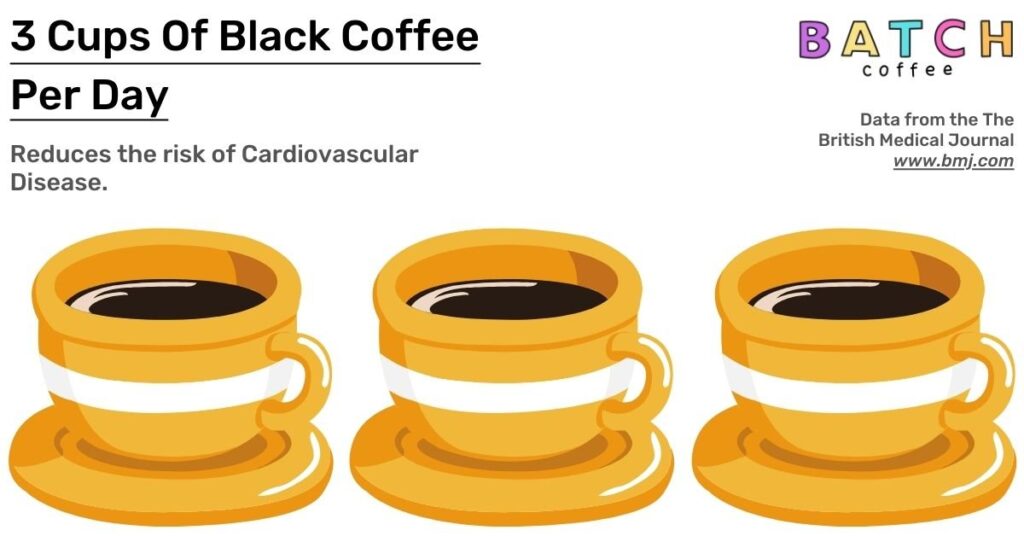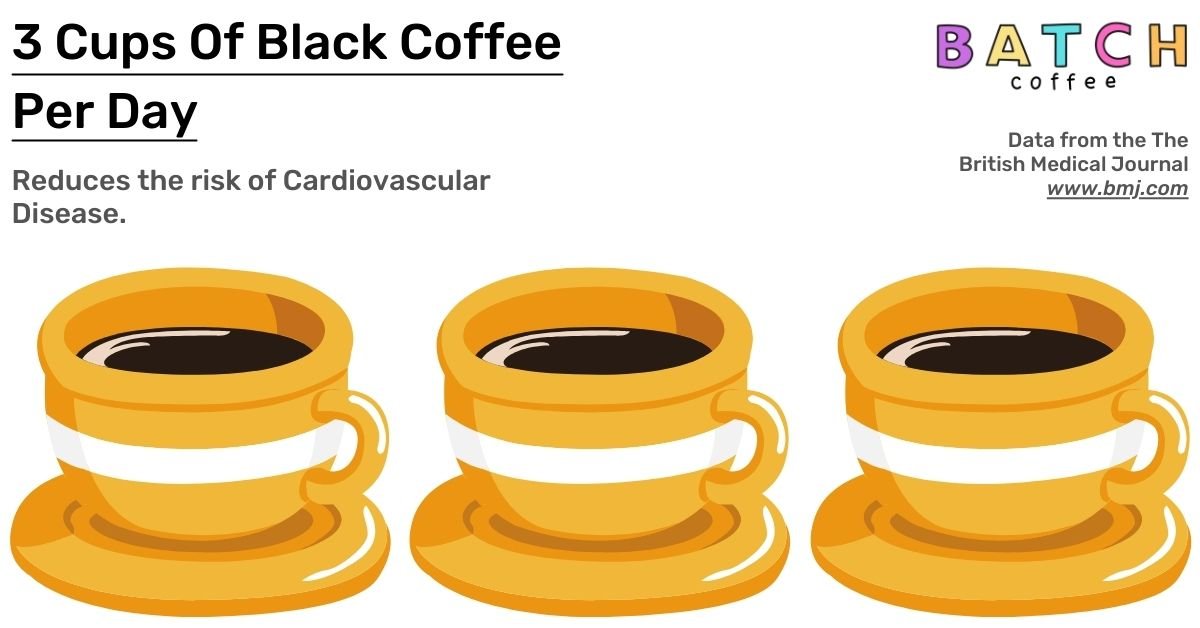
The Calorie Count in a Cup of Coffee: Unpacking the Numbers
For many, coffee is more than just a beverage; it’s a ritual, a source of energy, and a comforting companion. But as we become increasingly mindful of our dietary intake, a common question arises: How many calories in a cup of coffee? The answer, as with most things related to nutrition, isn’t always straightforward. This article delves into the specifics, providing a comprehensive look at the calories in a cup of coffee, the factors that influence that number, and how to make informed choices about your daily caffeine fix.
The Baseline: Black Coffee and Its Minimal Calorie Impact
The purest form of coffee, black coffee, is surprisingly low in calories. A standard 8-ounce cup of brewed black coffee generally contains a negligible amount, typically around 2 calories. This minimal calorie count makes black coffee a popular choice for those watching their weight or adhering to low-calorie diets. The coffee beans themselves contribute very few calories, and the brewing process doesn’t significantly alter that.
Beyond Black: The Calorie Explosion of Additives
While black coffee is a relatively guilt-free indulgence, the addition of milk, sugar, syrups, and other flavorings can dramatically increase the calorie count. This is where the simple equation of “calories in a cup of coffee” becomes considerably more complex.
Milk Matters: A Dairy-Based Dilemma
The type and amount of milk added to your coffee significantly impact the calorie count. A splash of whole milk will add more calories than a splash of skim milk. Consider these approximate calorie values per ounce:
- Whole Milk: Approximately 18 calories
- 2% Milk: Approximately 12 calories
- Skim Milk: Approximately 8 calories
- Heavy Cream: Approximately 50 calories (per ounce!)
For those seeking lower-calorie alternatives, plant-based milks like almond, soy, oat, and coconut milk offer varying calorie profiles. Unsweetened almond milk, for example, is often a low-calorie option.
Sugar: The Sweetener’s Impact
Sugar is a primary contributor to the calorie content of sweetened coffee drinks. A single teaspoon of granulated sugar adds approximately 16 calories. Multiple teaspoons, or the use of flavored syrups, can quickly elevate the calorie total.
Syrups and Flavorings: A Calorie Minefield
Flavored syrups, often found in specialty coffee drinks, are loaded with sugar and calories. A single pump of syrup can add 20-30 calories or more, depending on the flavor and brand. These additions are a major factor to consider when assessing the calories in a cup of coffee.
Calculating the Calories in Your Coffee: A Practical Guide
To accurately estimate the calories in a cup of coffee, consider the following steps:
- Start with Black Coffee: Assume 2 calories for an 8-ounce cup.
- Assess Milk Addition: Determine the type and amount of milk you use. Use the calorie values per ounce provided above.
- Account for Sugar: Calculate the calories from sugar based on the number of teaspoons.
- Factor in Syrups and Flavorings: Check the nutrition information for the specific syrups used.
- Consider Size: Remember that larger coffee drinks naturally contain more calories.
By following these steps, you can get a much better understanding of the calorie content of your coffee and make adjustments as needed.
Comparing Coffee Drinks: A Calorie Showdown
Let’s compare the calorie counts of some common coffee drinks:
- Black Coffee (8 oz): ~2 calories
- Coffee with Skim Milk (8 oz): ~10 calories (assuming 1 oz skim milk)
- Coffee with Whole Milk (8 oz): ~20 calories (assuming 1 oz whole milk)
- Latte (12 oz) with Whole Milk and Sugar: Can easily exceed 200 calories.
- Frappuccino (16 oz) with Whipped Cream and Flavored Syrup: Often contains 300-500+ calories.
These examples highlight the significant difference in calorie content depending on the ingredients and size of the drink.
Beyond Calories: Other Considerations
While the calorie count is a crucial factor, other aspects of your coffee consumption are worth considering.
Caffeine Content
The amount of caffeine in your coffee can vary depending on the brewing method, the type of coffee bean, and the serving size. Caffeine can affect sleep, anxiety levels, and other health factors. [See also: Caffeine and Sleep: Understanding the Connection]
Nutritional Value
Black coffee offers some potential health benefits, including antioxidants. However, the addition of milk and sugar can diminish these benefits and add empty calories. [See also: The Health Benefits of Coffee: Separating Fact from Fiction]
Individual Needs
Your dietary needs and goals should guide your coffee choices. If you’re trying to lose weight or manage your calorie intake, opting for black coffee or minimizing additions is a good strategy. If you have specific health conditions, consulting with a healthcare professional is advisable.
Making Informed Coffee Choices: Practical Tips
Here are some tips for enjoying coffee while being mindful of your calorie intake:
- Embrace Black Coffee: Start by appreciating the taste of black coffee.
- Choose Milk Wisely: Opt for lower-calorie milk alternatives like skim or unsweetened almond milk.
- Control Sugar: Use sugar substitutes or gradually reduce your sugar intake.
- Limit Syrups: Order your drinks with fewer pumps of syrup or try sugar-free alternatives.
- Be Aware of Serving Sizes: Larger drinks naturally contain more calories.
- Brew at Home: Making coffee at home gives you complete control over the ingredients.
The Bottom Line: Enjoying Coffee Responsibly
Understanding the calories in a cup of coffee is essential for making informed choices about your diet and lifestyle. While black coffee is a low-calorie option, the additions of milk, sugar, and syrups can significantly increase the calorie count. By being mindful of your ingredients, portion sizes, and individual needs, you can enjoy your daily coffee ritual without derailing your health goals. The key is awareness and moderation, allowing you to savor the flavor and energy boost of coffee while maintaining a healthy balance. The question of “calories in a cup of coffee” is a starting point; the answer lies in your choices.
Remember to always consult with a healthcare professional or registered dietitian for personalized dietary advice.


